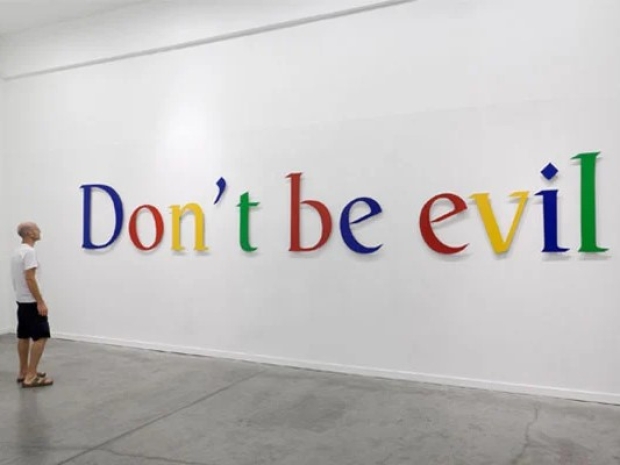MIT professor Michael Whinston said Google modified the way it sold text ads via "Project Momiji" — named after the wooden Japanese dolls with a hidden space for friends to exchange secret messages.
The shift sought "to raise the prices against the highest bidder," Whinston told Judge Amit Mehta in federal court in Washington.
Google's advertising auctions require the winner to pay only a penny more than the runner-up. In 2016, the company discovered that the runner-up had often bid only 80 per cent of the winner's offer.
To help eliminate that 20 per cent between the runner-up and what the winner was willing to pay, Google gave the second-place bidder a built-in handicap to make their offer more competitive, Whinston said.
Whinston was citing internal emails and sealed testimony by Google finance executive Jerry Dischler earlier in the case.
About two-thirds, more than 60 per cent, of Google's total revenue comes from search ads, Dischler said previously, amounting to more than $100 billion in 2020.
In 2021 Google was accused of running secret software to track bids on its ad-buying platform. According to a report in the Washington Post, a Texas-led antitrust suit accused Google "of using the information to gain an unfair market advantage that raked in hundreds of millions of dollars annually."
The Post's article also mentioned "an alleged hush-hush deal in which Google allegedly guaranteed that Facebook would win a fixed percentage of advertising deals."

